FinTech vs. Global Privacy Laws: Are You Ready for What’s Coming?
2nd August 2025
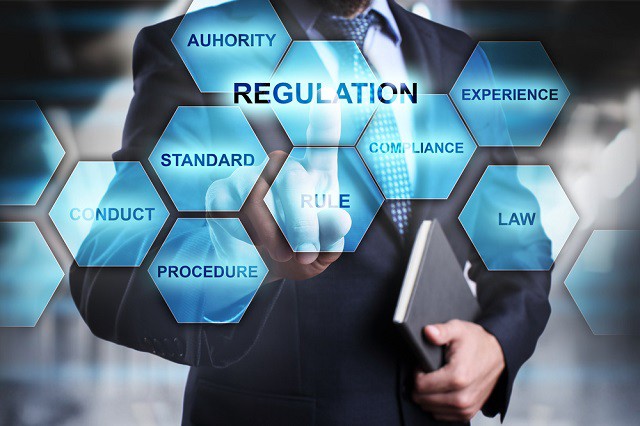 The Evolution of Fintech Regulation: What’s Next?
The Evolution of Fintech Regulation: What’s Next?
 The Role of Cryptocurrencies in Cross-Border Payments
The Role of Cryptocurrencies in Cross-Border Payments
 The Impact of 5G on Fintech Services
The Impact of 5G on Fintech Services
 What the Future Holds for Digital-Only Banks: Navigating the Next Era of Banking
What the Future Holds for Digital-Only Banks: Navigating the Next Era of Banking
 Flipkart Gets a Lending Licence: A Bold Leap into Embedded Finance
Flipkart Gets a Lending Licence: A Bold Leap into Embedded Finance
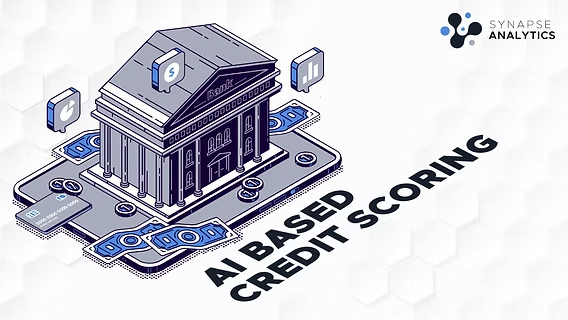 How AI is Transforming the Credit Scoring System
How AI is Transforming the Credit Scoring System
 The Rise of Contactless Payments: Benefits and Security Concerns
The Rise of Contactless Payments: Benefits and Security Concerns
 QR Codes and the Cashless Leap: Transforming India's Financial DNA
QR Codes and the Cashless Leap: Transforming India's Financial DNA
 Biometric Payments: The Next Big Trend in Secure Transactions
Biometric Payments: The Next Big Trend in Secure Transactions
 Top Fintech Innovations Shaping 2025: The Future of Finance
Top Fintech Innovations Shaping 2025: The Future of Finance
.jpg) The Future of Payments: Trends Reshaping Transactions in 2025
The Future of Payments: Trends Reshaping Transactions in 2025
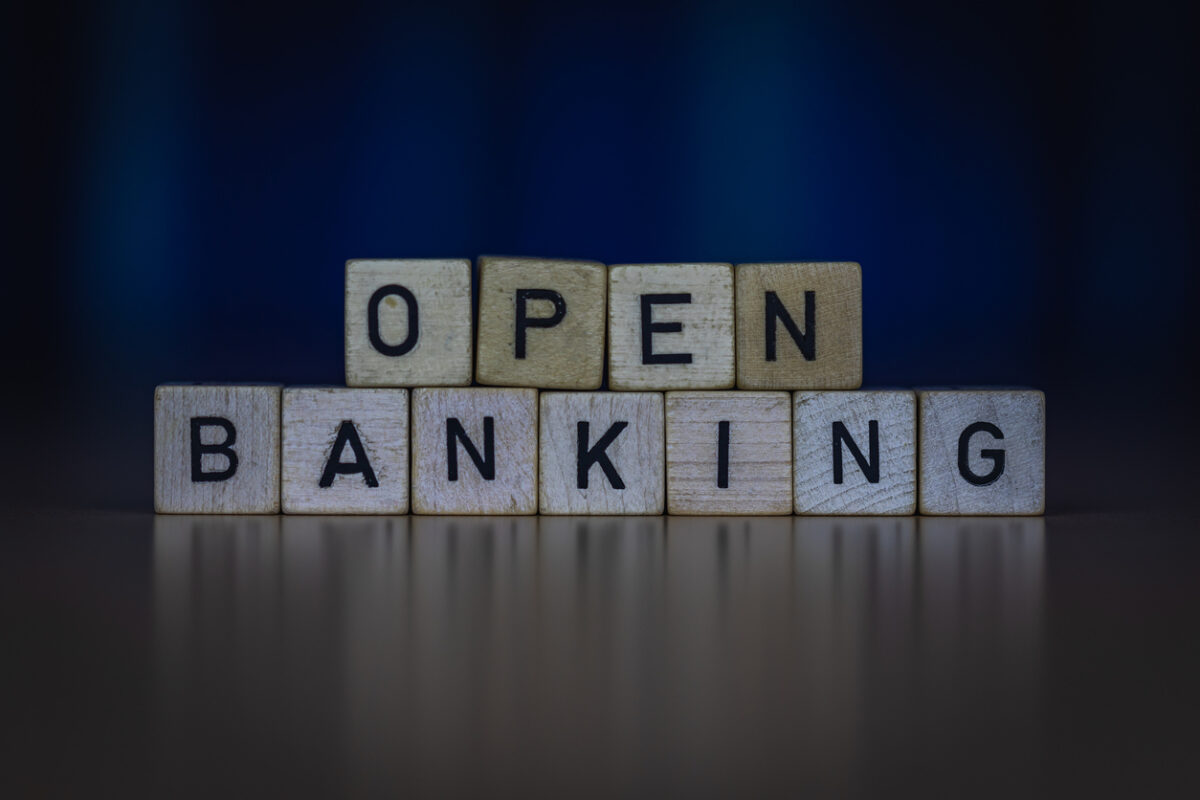 How Open Banking is Shaping Financial Services Globally
How Open Banking is Shaping Financial Services Globally

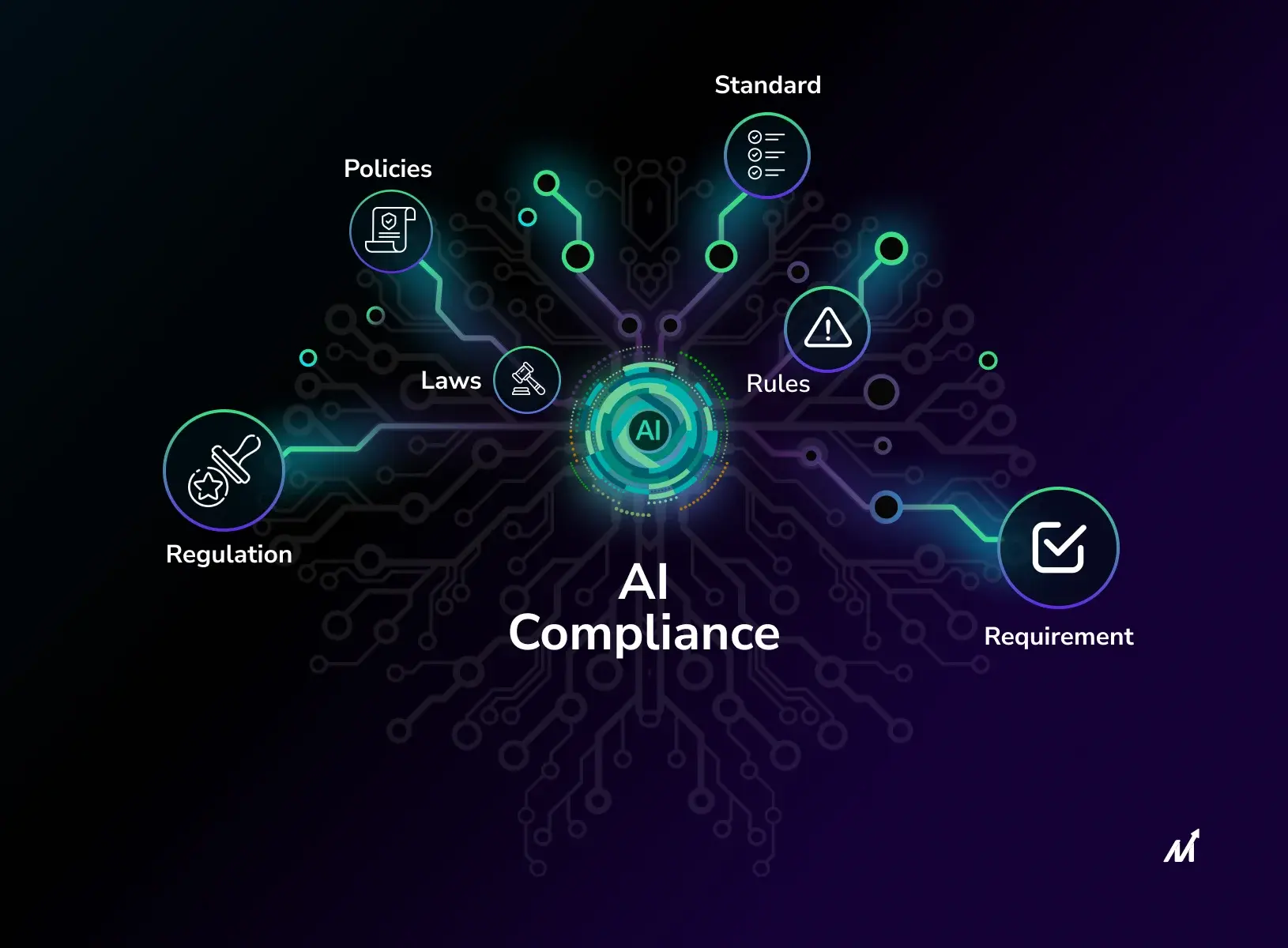
02 August 2025
4 min read
10
AI is rapidly transforming every corner of the financial industry—from customer onboarding to fraud detection, underwriting to customer service. For FinTechs, this wave of innovation is unlocking speed, scale, and smarter decision-making.
But it’s also raising critical questions:
Can automation keep up with evolving regulations? Can AI-driven decisions be explained, audited, and trusted? And what does "compliance" even look like in a world driven by algorithms?
Welcome to the new frontier of FinTech compliance—where innovation must move in lockstep with governance, accountability, and transparency.
Regulators across the globe are tightening their expectations around digital finance, especially in areas where AI and automation intersect with risk, bias, and privacy.
Key regulatory pressures include:
Data privacy laws (GDPR, CCPA, PDPA, etc.)
AI governance frameworks (such as the EU AI Act or the proposed U.S. AI Bill of Rights)
KYC/AML obligations that now require explainability and fairness in automated decision-making
For FinTech leaders, the takeaway is clear: automation doesn’t replace compliance—it raises the bar.
AI-driven credit scoring, fraud detection, and identity verification must be auditable and understandable—not just effective.
🔹 Why it matters:
Regulators are increasingly skeptical of black-box models that can’t be explained. If your AI can’t justify a decision, it can’t comply with risk and fairness requirements.
AI can dramatically reduce the time and cost of meeting regulatory obligations—think automated transaction monitoring, smart contract screening, or real-time reporting.
🔹 Why it matters:
While automation improves efficiency, over-reliance on unsupervised AI can increase systemic risk, especially in anti-money laundering (AML) or sanctions compliance.
AI is revolutionizing how FinTechs verify identities and flag suspicious activity. But these tools must be aligned with regional and global standards.
🔹 Why it matters:
Face recognition, document verification, and behavioral biometrics are increasingly under scrutiny for bias and privacy risks.
Compliance isn’t just a feature—it’s a function. And with AI in the mix, governance needs to adapt.
🔹 Why it matters:
AI introduces unique risks: biased data, model drift, opaque decision paths, and regulatory mismatch. Traditional compliance teams may not have the tools to manage these alone.
If your FinTech operates in multiple markets, you're not just managing compliance—you’re managing regulatory fragmentation.
🔹 Why it matters:
What’s acceptable AI practice in Singapore may breach data sovereignty rules in Brazil or fairness standards in the EU.
Compliance must move upstream. Waiting until deployment to assess regulatory risk is no longer viable—especially when AI is involved.
🔹 Why it matters:
Embedding compliance into the product lifecycle improves time to market, reduces rework, and builds trust with regulators and users alike.
Compliance in the AI era requires continuous learning across the organization—not just for legal or compliance staff.
🔹 Why it matters:
Engineers building AI models may not fully grasp legal implications. Compliance teams may not understand how the models work. That gap is a risk in itself.
In a world where trust is currency, compliance becomes a competitive advantage. FinTechs that can balance speed with accountability, and automation with transparency, will be best positioned to scale responsibly.
The goal isn't to slow innovation—it's to build it on solid ground.
AI is redefining what's possible. It's up to FinTech leaders to redefine what's responsible. Now’s the time to get ahead—before regulators or users force the issue.
Read Next
 Blog
Blog
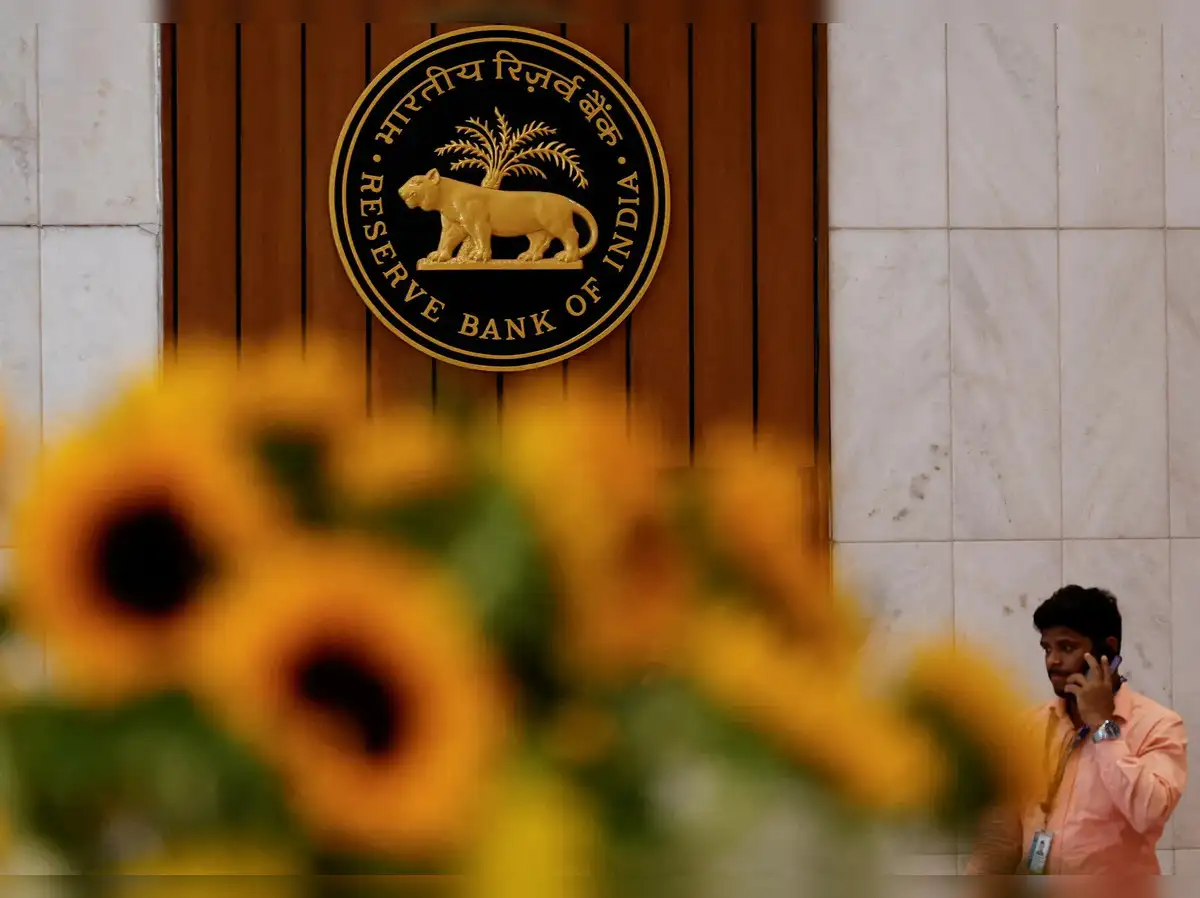 News
News
 Article
Article
 News
News
 Article
Article
 News
News
Live Polls
Live Discussion
Topic Suggestion
Whom Do You Wish To Hear
Sector Updates
Leave your opinion / comment here